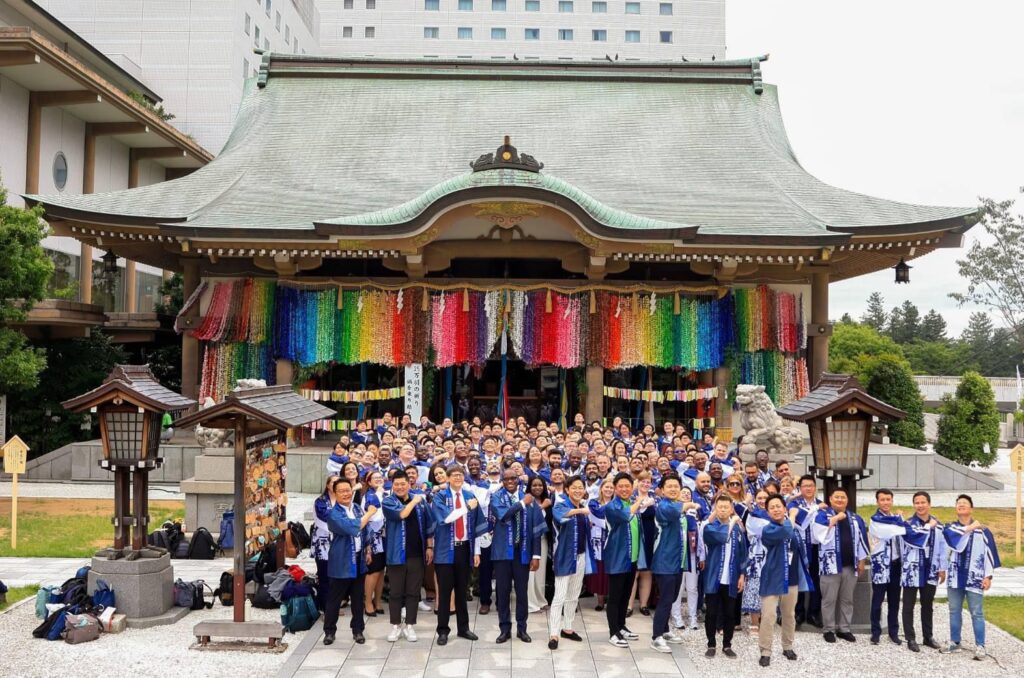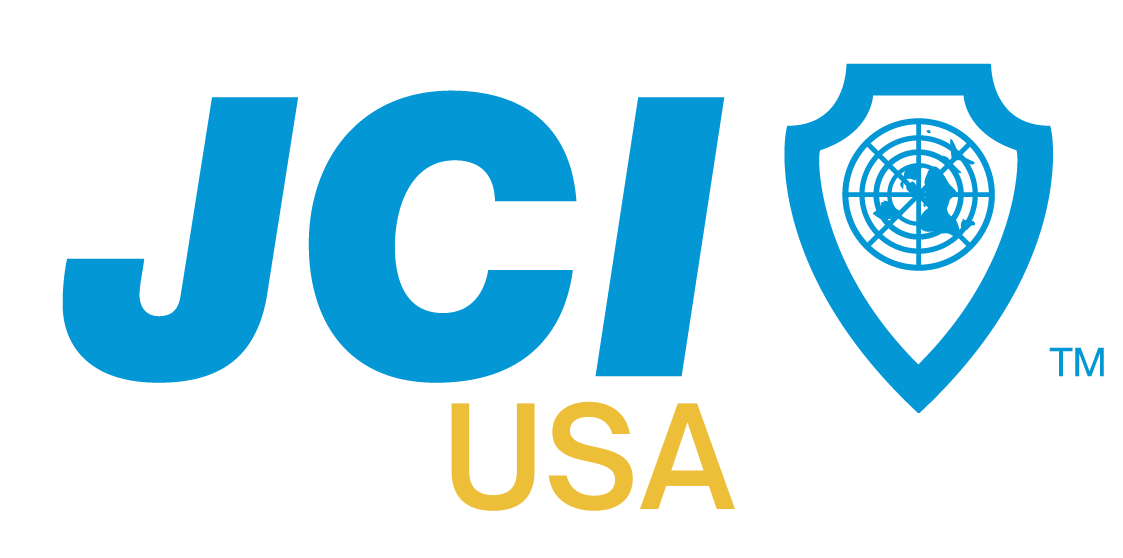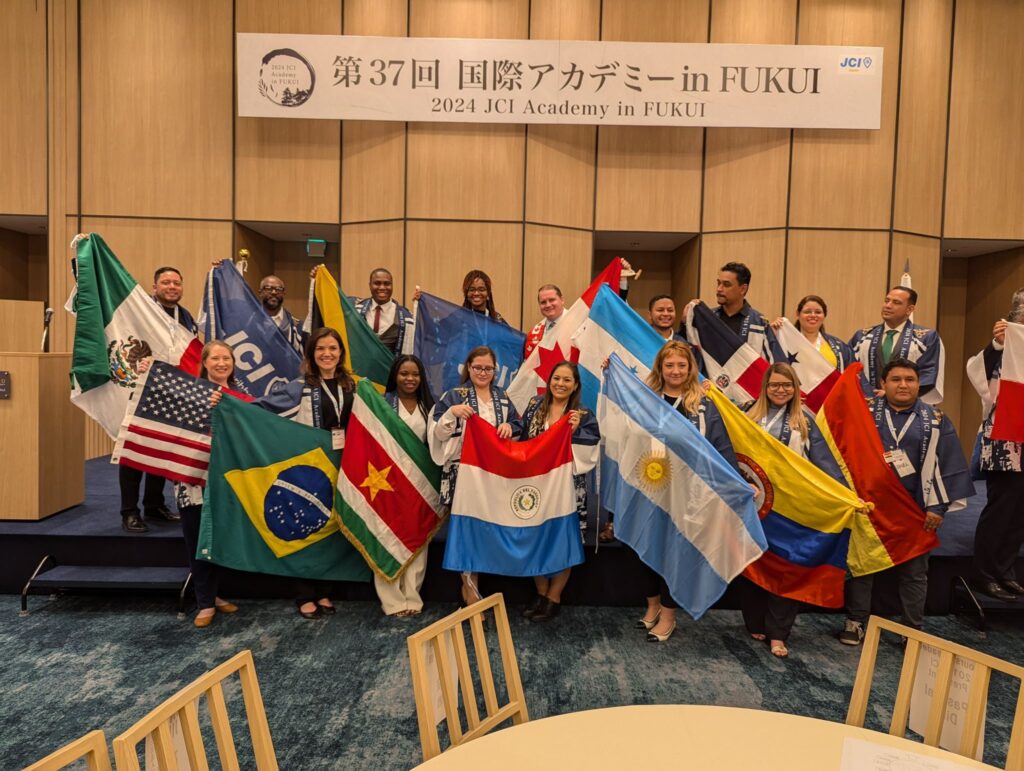
By Bethanie Miller
Whether traveling across town or around the world, adventures can be stressful! In an increasingly connected world, the ability to collaborate internationally is more crucial than ever. For young people, the opportunity to travel and engage in global exchanges is not only an exciting adventure but also a strategic move to build essential skills for the future. The JCI area of opportunity, International Collaboration, emphasizes the importance of traveling as a means to foster network and relationship building, alongside developing adaptability and resilience. Let’s explore how traveling can be a powerful tool for personal and professional growth.

As globalization continues to shape our world, the ability to work across borders has become a valuable asset. International collaboration is no longer a luxury but a necessity in many industries. Whether it’s for business, community projects or personal development, understanding different cultures and working effectively with people from diverse backgrounds is paramount.
Traveling, in this context, offers a unique opportunity to immerse oneself in new environments, learn firsthand from different cultures and build a global network. This experiential learning process goes beyond what can be achieved through virtual meetings or online courses. It cultivates a deeper understanding of the world and enhances one’s ability to navigate the complexities of international collaboration.
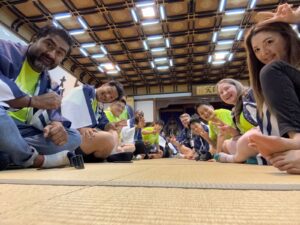
Some of the core competencies JCI provides is networking and relationship building. Traveling provides a fertile ground for expanding one’s network and forging meaningful connections. With the rise of remote work and digital nomadism, young people are more mobile than ever. This trend opens up unprecedented opportunities for networking on a global scale.
When you travel, every interaction is a potential connection. Whether you’re attending a conference in another county, supporting your local community or participating in a cultural exchange program, each experience adds a new thread to your professional and personal network. These can lead to collaborations, job opportunities and lifelong friendships.
Tips for Building Networks While Traveling:
- Engage in Local Communities: Join local organizations, attend community events and participate in cultural activities. This not only helps to understand the local culture but also allows you to meet people who can introduce you to new opportunities.
- Attend International Conferences and Workshops: Travel can be expensive but totally worth it! Many young people pool their credit card points, save air miles and plan months or even years in advance, making these connections from around the world, most are willing to share tips and tricks to travel on a small budget. These events are hotspots for networking. Attend prepared with business cards and a clear idea of what you want to achieve.
- Leverage Social Media and Professional Networks: Platforms like LinkedIn, Instagram and specialized travel networking sites can help you connect with professionals and like minded individuals, before, during and after your travels.
- Stay in Touch: Building a network is not just about making connections; it’s about maintaining them. Regularly check in with your contacts and offer help when you can. This reciprocity strengthens your relationships over time.
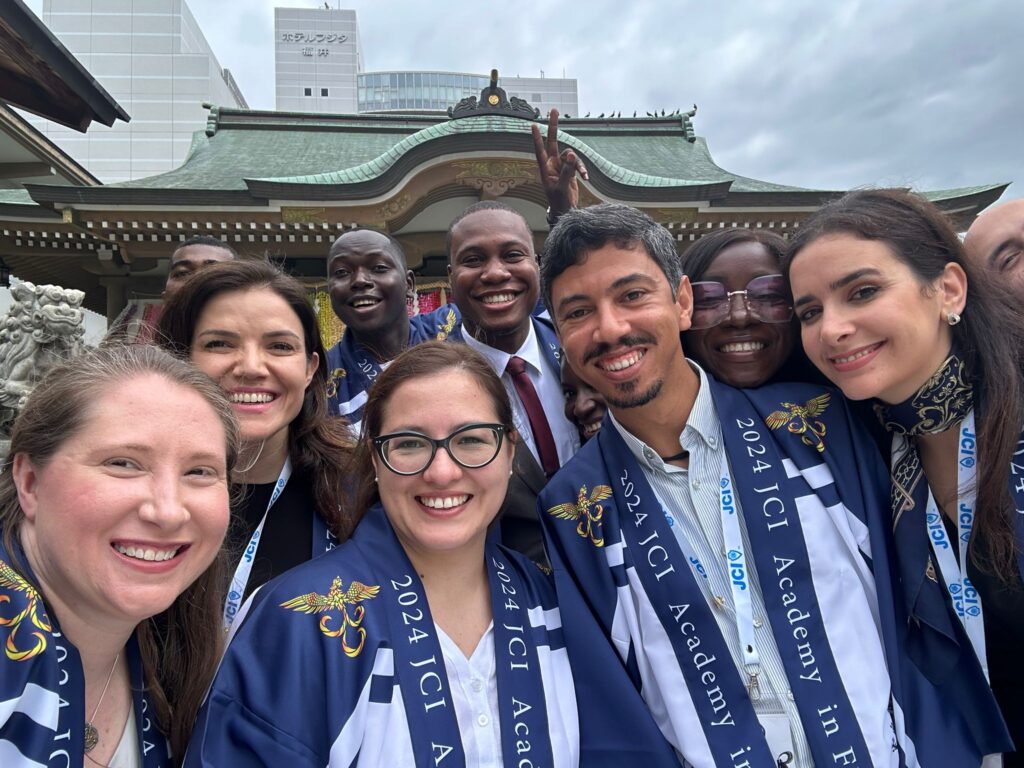
Thriving in a changing world. Traveling inherently requires adaptability and resilience. From navigating language barriers to dealing with unexpected challenges, travel pushes you out of your comfort zone and tests your ability to cope with change. In the dynamic world of today, where technological advancements and global events constantly reshape our environment, these skills are invaluable.
Adaptability: The ability to adjust to new conditions and environments is a critical skill. Traveling exposes you to different ways of life, work styles and problem-solving approaches. By adapting to these diverse situations, you become more flexible and open – minded, qualities that are highly sought after in today’s job market.
Resilience: The capacity to recover quickly from setbacks is another essential trait. Traveling often involves dealing with setbacks, whether it’s a missed flight, a lost passport or cultural misunderstandings. These experiences build your resilience, teaching you to stay calm under pressure and find solutions to unexpected problems. 
How can you develop adaptability and resilience while traveling? Start with embracing the unknown. Step out of your comfort zone by trying new activities, foods and traditions. The more you expose yourself to unfamiliar situations, the more adaptable you become. Next, learn the language (or at least make an attempt). Even the most basic knowledge of the local language can enhance your travel experience and help you navigate challenges more effectively. It also shows respect for local culture and can open up more opportunities for interactions. Stay positive. Try to focus on the positive aspects of challenging situations. A missed flight can be an opportunity to explore a new city. A language barrier can lead to creative forms of communication. Lastly, plan, but stay flexible. It’s important to have a plan, but be ready to adjust it as needed. Flexibility is key to handling the unexpected twists and turns of traveling.
Traveling is more than just an opportunity to see new places; it’s a strategic move to build essential skills for the future. For young people, engaging in international collaboration through travel can significantly enhance their network and relationship – building capabilities, as well as their adaptability and resilience. These competencies are crucial in today’s rapidly changing world, where the ability to navigate diverse environments and work effectively with people from different cultures is key to success.
As you embark on your next travel adventure, remember that each experience is a step towards becoming a more adaptable, resilient and well – connected individual. Embrace the opportunities that come your way, and let the world be your classroom. Through international collaboration, we can build a more interconnected and understanding global community, one journey at a time.
